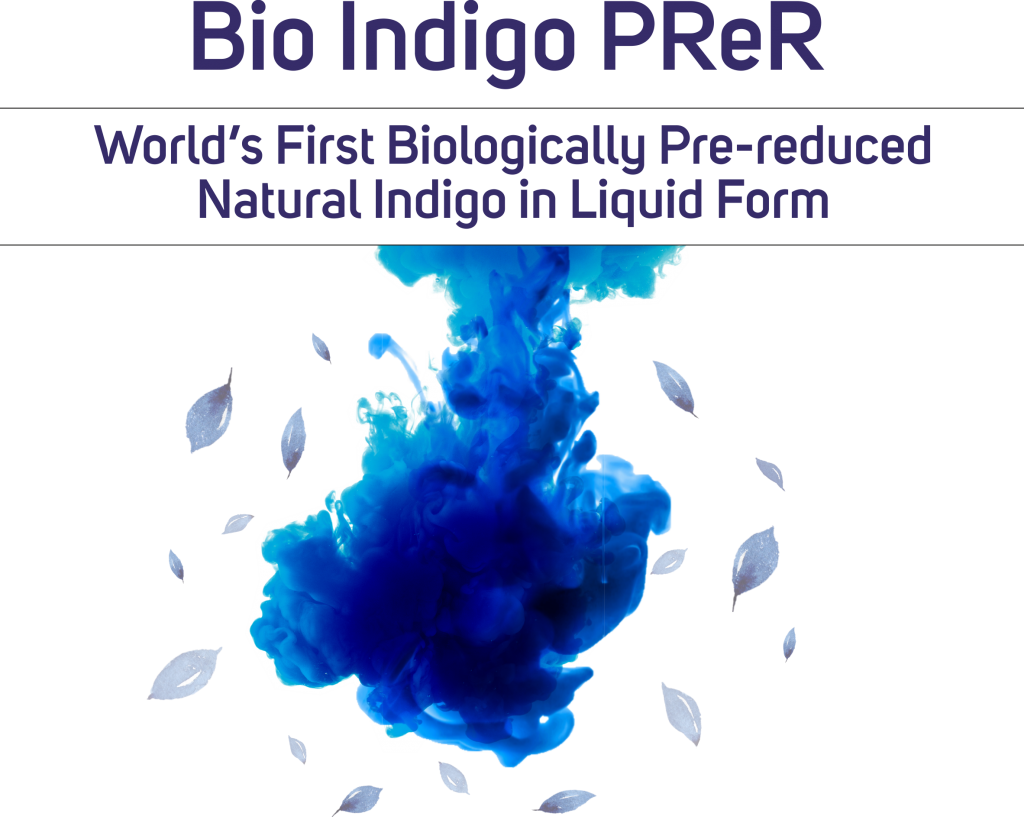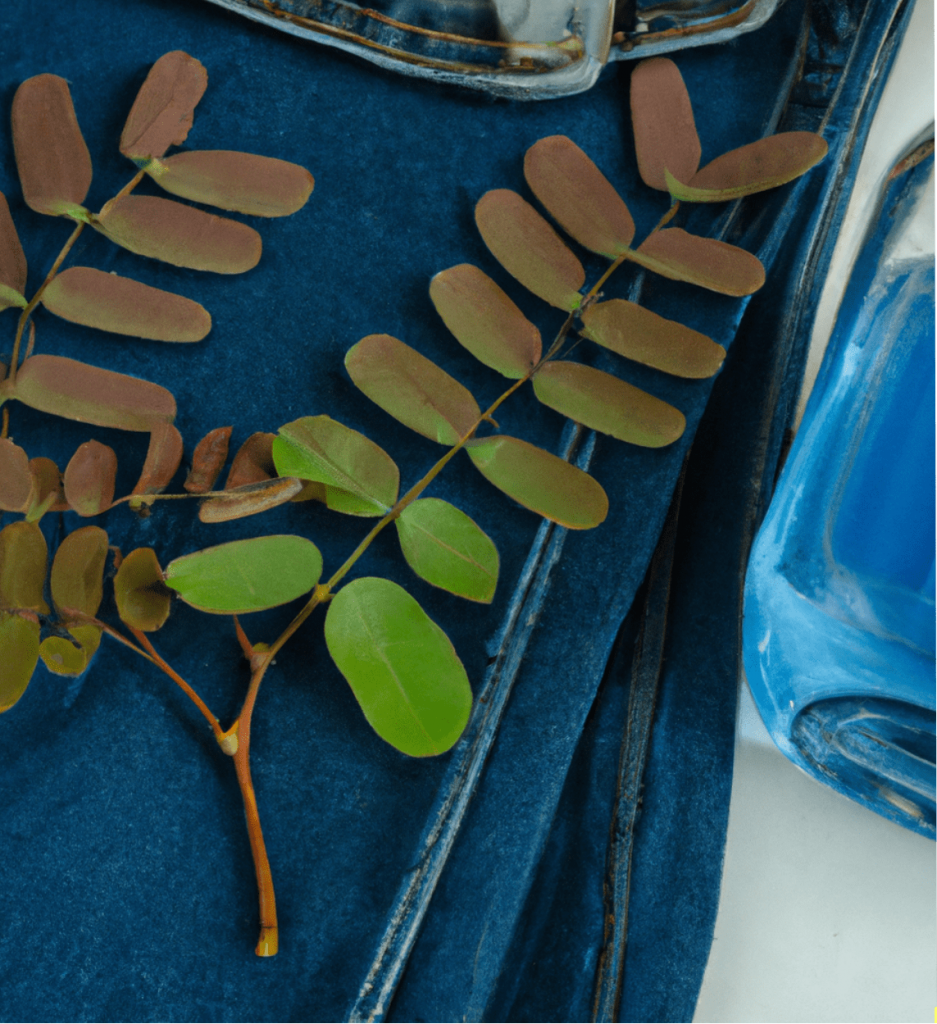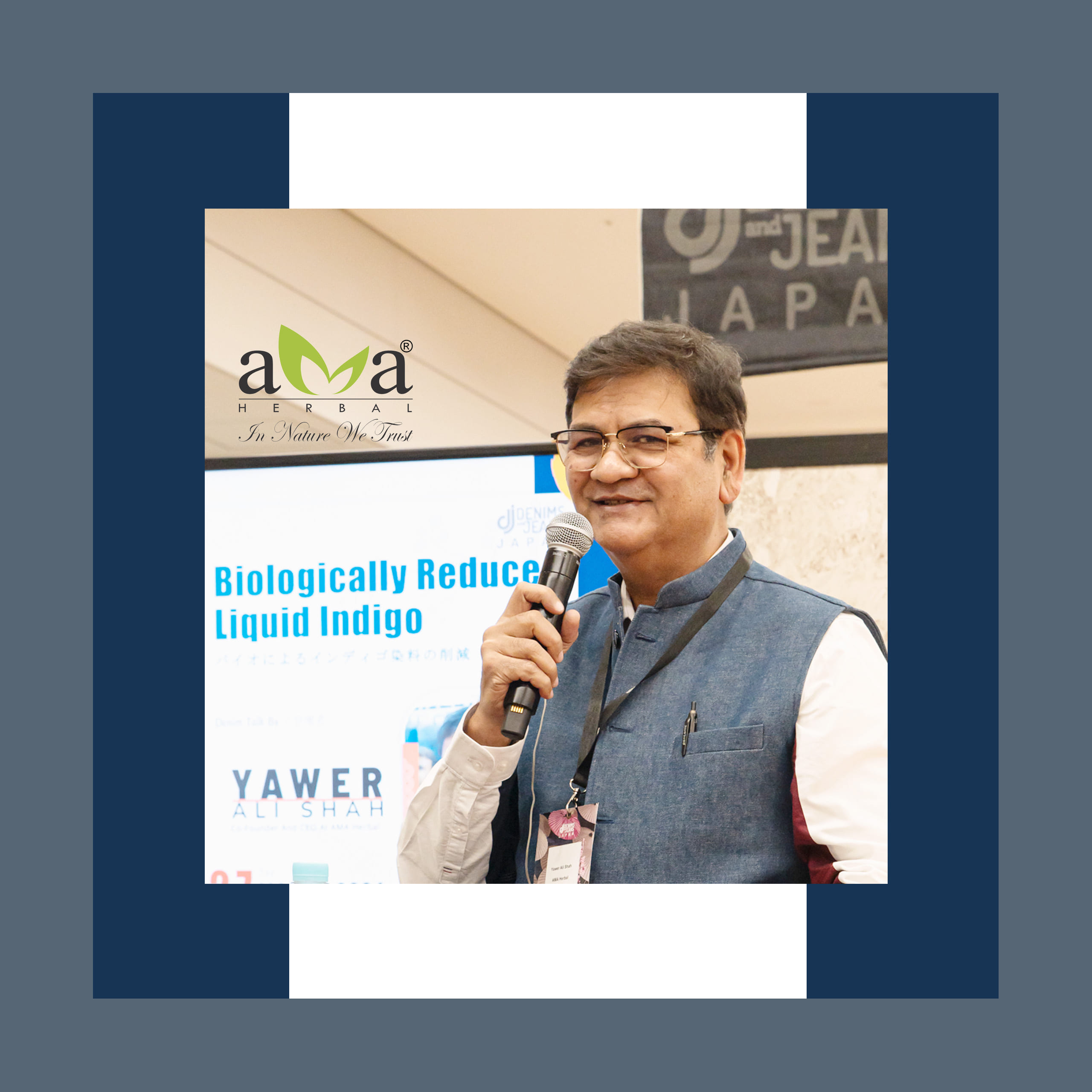Co-founder & CEO of AMA Herbal Mr Yawer Ali Shah has come a long way after investing his life’s 25+ precious years in bringing natural dyes to the driving seat in the textile industry. His innovative approach to green climate solutions is reflected in his products and methodologies. Our team talked with him over his Biochemically modified pre-reduced natural indigo which he will be showcasing in India show on May 15-16 in Bangalore.
Congratulations on launching the 1st ever Biochemically modified pre-reduced natural indigo globally !! We were delighted to have this launch at our Japan show. Can you share more about your journey towards making this product?
AMA Herbal is thankful for this commendable gesture from you. It was an honour to unveil this futuristic innovation on such a grand platform witnessed by eminent names of the denim world.
Whenever we were going to sell Bio Indigo in the powder form, which is the old and traditional product we have been supplying for so many years to the denim industry, they were always saying that we have pre-reduced synthetic indigo now, which makes our life easier, it is easy to use, and we have established our line. If you do your product in liquid form, we will be glad to use it. However, we were unable to stabilize our product, we have been working for many years on it.
Now we have established our process. After the extraction of Indigo from the leaves in the reduced form, before oxidizing it to convert it into the powder, we stabilize it by adding some Bacteria & Fungi into it and reaching the optimal reduction where it is biologically fully reduced and modified to be sold as Per-Reduced Natural Indigo. We stabilize the product with eco-friendly stabilizers, and that’s how the product is manufactured.
AMA Herbal is the leading manufacturer & exporter of the Extract form of Bio Indigo® (Natural Indigo) & its cultivation as backward integration. What makes AMA Herbal keep its momentum and keep going up?
Bio Indigo® is extracted from the leaves of a plant named Indigofera Tinctoria. Therefore, lots of cultivation of the plant is needed. When we did our LCA Study, we found that we were positive in every aspect compared to synthetic indigo, except one. A lot of water consumption for indigo cultivation is a global concern.
We brought our innovative approach to the driving seat for the solution. We did our best by employing Sprinkler Irrigation Systems. We reduced water consumption by 60-70% by bringing these systems into action, which is a considerable reduction.
We are now focusing on controlling the cultivation processes where we will be doing this as a Sprinkler Irrigation Systems, reducing the water consumption. We are planning to convert these lands into Certified Organic to sell the indigo as Certified Natural Indigo for the first time.


We thank you for joining the Denims and jeans India show in 2024. Why do you think that the brands in India should ask their supply chain to use more natural dyes and what are the constraints?
We use Indigo leaves as a raw material for extracting the Bio Indigo®. It generates employment opportunities for deprived people engaged in collecting raw materials.
Indigo is a “Farmer-oriented” crop that lays the foundation of sustainable earnings for farmers. They are benefiting monetarily, and the soil fertility of their farms has improved due to the legume nature of the Indigo plant.
This crop has the potential to be the next cash crop, and many farmers have benefited in monetary terms and social terms through indigo farming. So, when Indian brands use our dye, they are supporting farmers.
Synthetic Indigo manufacturing up to the making of denim produces a lot of carbon footprint. We are much better when it is compared to the LCA Study. So, if Indian brands and the other brands of the world are looking to make their products sustainable, natural dyes make a lot of sense.
Therefore, natural dyes should be preferred with more conviction, and brands should introduce them to their regular products. It is how sustainability can be attained in the long run.
Do you see any particular differences in the markets like India, Europe, US etc. How do you handle the differing requirements of these markets?
Yes, there is a difference in the sentiments of the products. In India, we have a good market, but the number is less because people are price-conscious.
Whereas, in the US and Europe, they are not as price-conscious as you find in the Indian region. Europe has come up with a regulation where they are asking about the reduction in the carbon footprints and they are going to come up with a specific level which is reducing carbon footprints. India hasn’t any such plan yet.
Therefore, sentimentally Europe and the US will be quicker towards natural and sustainable products, that’s what we have experienced and that is why we have been exporting more than 70% of our production. India is consuming less, though it is a manufacturing hub.
However, with the change in scenario, we have seen some leading Indian brands like Aditya Birla and many others focusing on natural products, particularly the products manufactured in India. It is indicating good growth in India coming soon.
How are the sustainability regulations coming up in various western countries affecting the entire supply chains and would it propel them towards more natural ingredients?
Carbon saving is a big focus in the international scenario. The European Union is about to launch a label, especially for the carbon footprints that they contain. So with all these regulations coming up very strongly, we see natural products’ promotion grandly.
However, at the same time, the natural products should be performing. They shouldn’t be just having a tag of carbon saving but not performing as they are supposed to be.
The performance of the natural product is equally important. I am sure that natural products have a bright future along with a terrific increase in their global acceptance & immaculate performance.
To contact Mr Yawer , please mail here.




